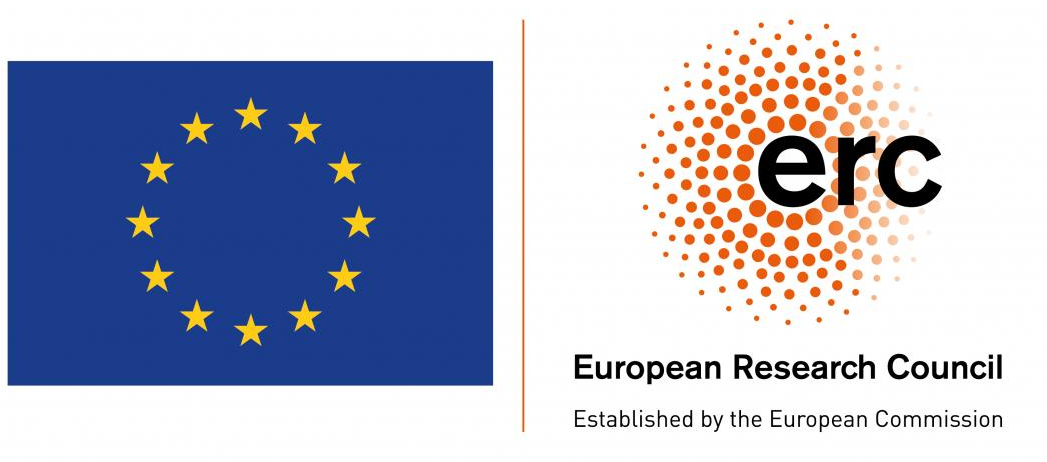We study the complexity of bribery in the context of structured multiwinner approval elections. Given such an election, we ask whether a certain candidate can join the winning committee by adding, deleting, or swapping approvals, where each such action comes at a cost and we are limited by a budget. We assume our elections to either have the candidate interval or the voter interval property, and we require the property to hold also after the bribery. While structured elections usually make manipulative attacks significantly easier, our work also shows examples of opposite behavior.
翻译:我们从结构化的多赢者审批选举的角度来研究贿赂的复杂性。 在这样的选举中,我们询问某个候选人是否可以通过增加、删除或互换批准来加入获胜委员会,而每次此类行动都是以成本为代价的,我们受到预算的限制。 我们假设我们的选举要么有候选人间隔,要么有选民间隔的财产,我们要求财产在贿赂之后也举行。 结构化选举通常使操纵性攻击大为容易,但我们的工作也展示了相反行为的例子。




